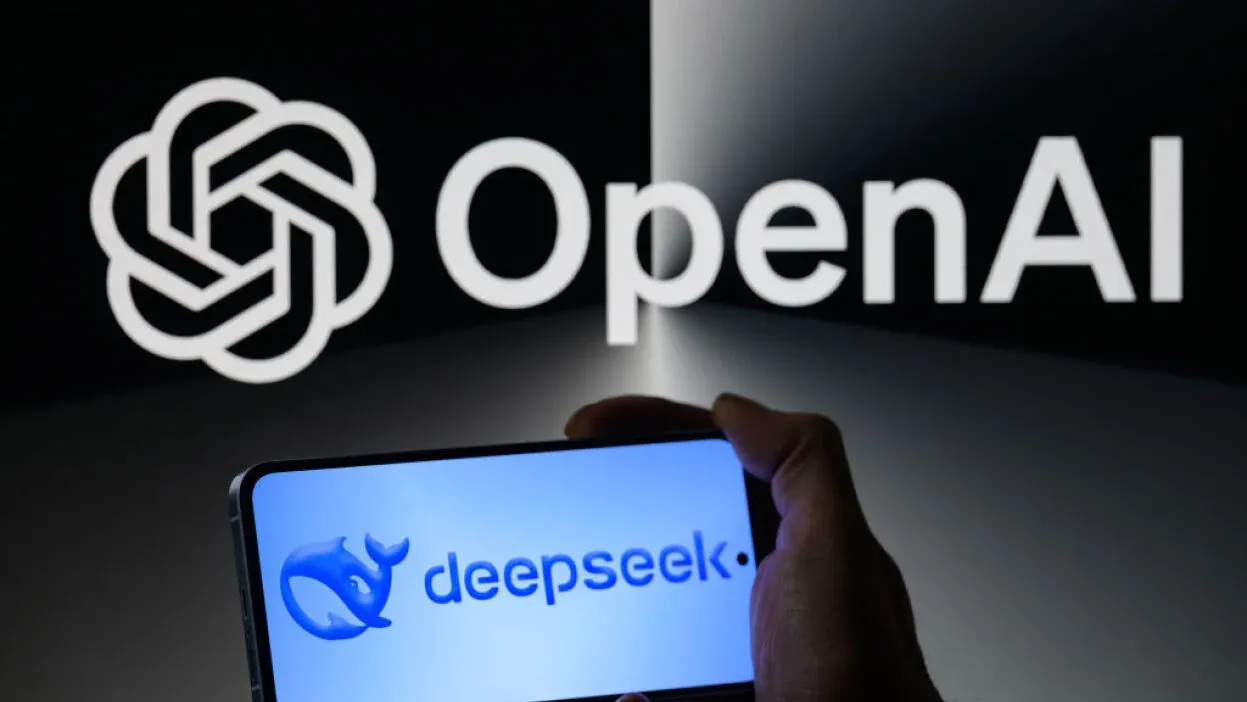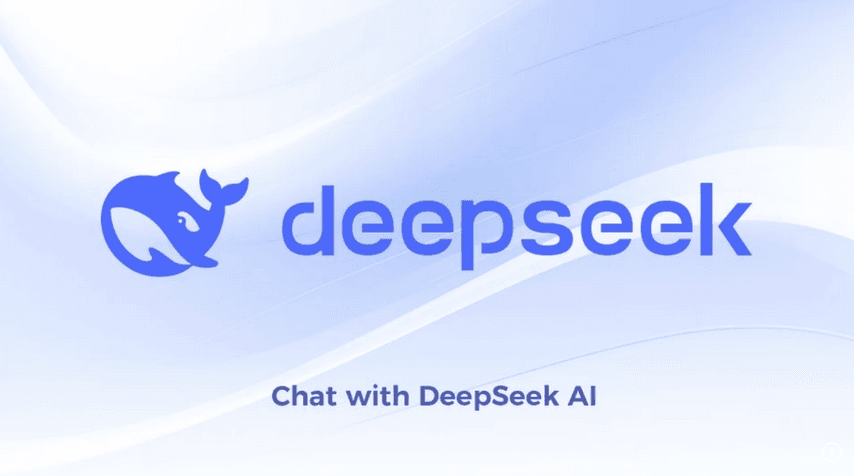Frequently Asked Questions
More topics you may like

Alibaba Shares Rocket as AI and Cloud Drive Market Confidence

Muhammad Bin Habib

Anthropic Launches Claude AI Agent Inside Chrome

Muhammad Bin Habib

DeepSeek Targets Year-End AI Agent Release to Rival OpenAI

Muhammad Bin Habib

Google Faces Modest EU Antitrust Fine in AdTech Case

Muhammad Bin Habib

DeepSeek-V3.1 Launches Hybrid Reasoning in One Model

Muhammad Bin Habib
